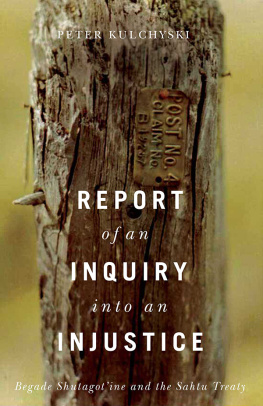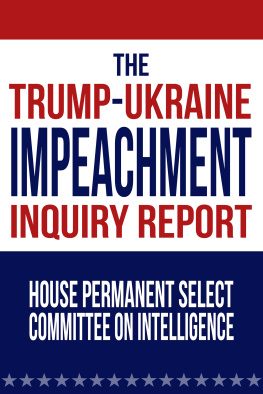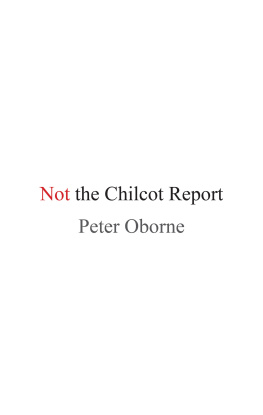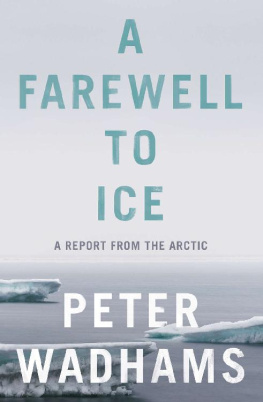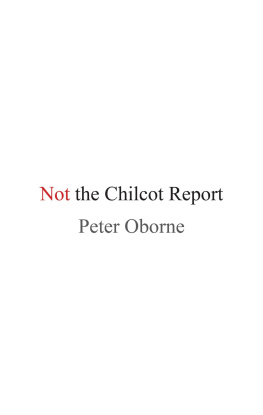Kulchyski Peter - Report of an Inquiry into an Injustice
Here you can read online Kulchyski Peter - Report of an Inquiry into an Injustice full text of the book (entire story) in english for free. Download pdf and epub, get meaning, cover and reviews about this ebook. year: 2018, publisher: University of Manitoba Press, genre: Religion. Description of the work, (preface) as well as reviews are available. Best literature library LitArk.com created for fans of good reading and offers a wide selection of genres:
Romance novel
Science fiction
Adventure
Detective
Science
History
Home and family
Prose
Art
Politics
Computer
Non-fiction
Religion
Business
Children
Humor
Choose a favorite category and find really read worthwhile books. Enjoy immersion in the world of imagination, feel the emotions of the characters or learn something new for yourself, make an fascinating discovery.
- Book:Report of an Inquiry into an Injustice
- Author:
- Publisher:University of Manitoba Press
- Genre:
- Year:2018
- Rating:3 / 5
- Favourites:Add to favourites
- Your mark:
- 60
- 1
- 2
- 3
- 4
- 5
Report of an Inquiry into an Injustice: summary, description and annotation
We offer to read an annotation, description, summary or preface (depends on what the author of the book "Report of an Inquiry into an Injustice" wrote himself). If you haven't found the necessary information about the book — write in the comments, we will try to find it.
Report of an Inquiry into an Injustice — read online for free the complete book (whole text) full work
Below is the text of the book, divided by pages. System saving the place of the last page read, allows you to conveniently read the book "Report of an Inquiry into an Injustice" online for free, without having to search again every time where you left off. Put a bookmark, and you can go to the page where you finished reading at any time.
Font size:
Interval:
Bookmark:

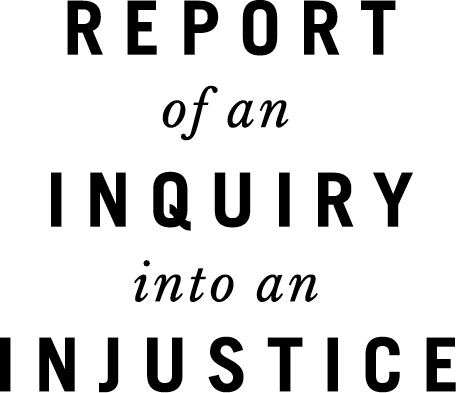
CONTEMPORARY STUDIES ON THE NORTH
REPORT
of an
INQUIRY
into an
INJUSTICE
Begade Shutagotine and the Sahtu Treaty
PETER KULCHYSKI

Report of an Inquiry into an Injustice:
Begade Shutagotine and the Sahtu Treaty
Peter Kulchyski 2018
22 21 20 19 18 1 2 3 4 5
All rights reserved. No part of this publication may be reproduced or transmitted in any form or by any means, or stored in a database and retrieval system in Canada, without the prior written permission of the publisher, or, in the case of photocopying or any other reprographic copying, a licence from Access Copyright, www.accesscopyright.ca, 1-800-893-5777.
University of Manitoba Press
Winnipeg, Manitoba, Canada
Treaty 1 Territory
uofmpress.ca
Cataloguing data available from Library and Archives Canada
Contemporary Studies on the North, issn 19281722 ; 5
ISBN 978-0-88755-813-9 (paper)
ISBN 978-0-88755-545-9 (pdf)
ISBN 978-0-88755-543-5 (epub)
Cover design by David Drummond
Interior design by Jess Koroscil
Photographs by Peter Kulchyski
Map design by Weldon Hiebert, with information licensed under the Open Government Licence Canada
Printed in Canada
This book has been published with the help of a grant from the Federation for the Humanities and Social Sciences, through the Awards to Scholarly Publications Program, using funds provided by the Social Sciences and Humanities Research Council of Canada.
The University of Manitoba Press acknowledges the financial support for its publication program provided by the Government of Canada through the Canada Book Fund, the Canada Council for the Arts, the Manitoba Department of Sport, Culture, and Heritage, the Manitoba Arts Council, and the Manitoba Book Publishing Tax Credit. Funded by the Government of Canada.
CONTENTS
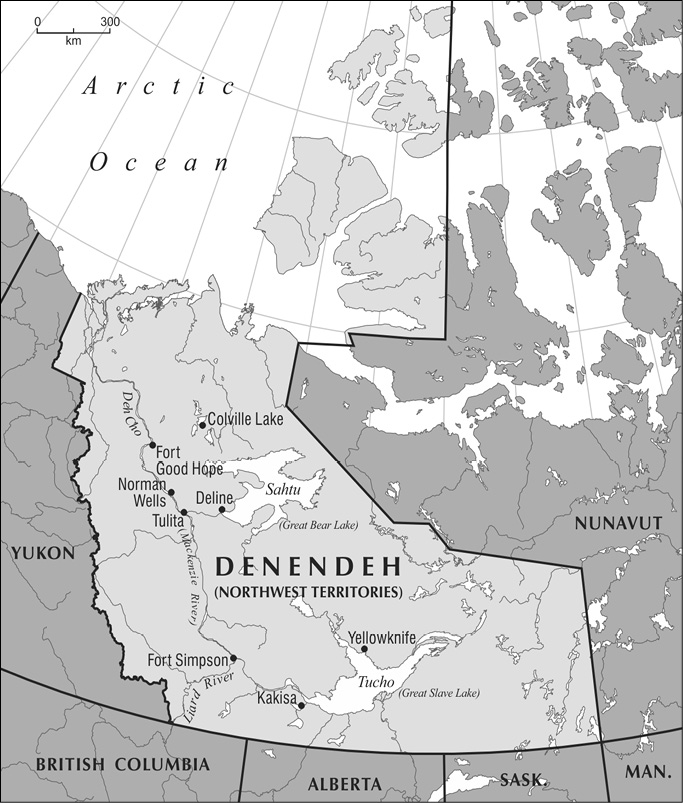
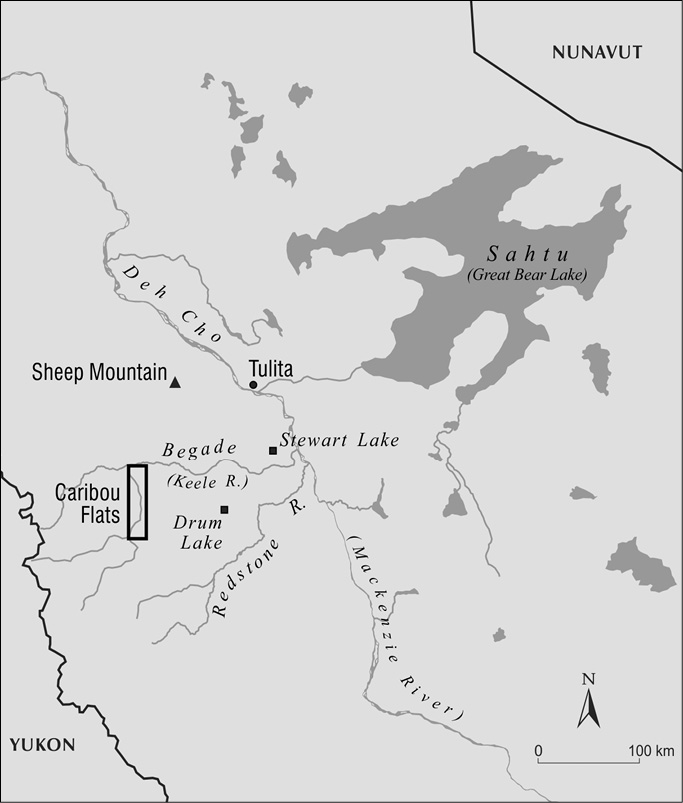

Concerning Begade Shutagotine Land Rights
I would like to tell the story of a people who tried to fight for their land. To do so, I will need to say a few things about the law of the land: Canadas law, Begade Shutagotine land.
In 1979 Justice Mahoney rendered a far-reaching legal decision that became a basis for how Aboriginal title is understood in Canadian law. The case was called Hamlet ofBaker Lake v. Minister of Indian Affairs and Northern Development, and was a part of Inuit attempts to assert their Aboriginal title before mineral exploration in the region (particularly concerning uranium deposits that remain a site of contestation) rendered their title meaningless. The parts of Mahoneys decision that were adopted by higher courts and became enshrined in federal policy were his criteria for determining whether an Indigenous people had unsurrendered Aboriginal title. There were four such criteria:
- That they and their ancestors were members of an organized society.
- That the organized society occupied the specific territory over which they asserted Aboriginal title.
- That the occupation was to the exclusion of other organized societies.
- That the occupation was an established fact at the time sovereignty was asserted by England.
Catherine Bell and Michael Asch have patiently and painstakingly provided a strong critique of the case in Aschs collection of essays, Aboriginal and Treaty Rights in Canada, particularly the ethnocentrism of the first point, which came from Mahoneys reading of an earlier case of the Judicial Committee of the Privy Council of Great Britain called Re Southern Rhodesia (1919). Bell and Asch note that all human beings live in society (66) and reject the notion that societies can be placed on a hierarchy of development such that some are so low on an evolutionary scale that they cannot be seen to own their land. A second point of critical contention with the decision emerges from the third point, whether such occupation has to be to the exclusion of other groups in a cultural context where exclusive ownership of land was not relevant, and where sharing of lands and resourcesaside from any concepts of ownershipwas generalized.
Nevertheless, federal policy for the settlement of land claims in Canada continues to rest upon Mahoneys ethnocentric assumptions and uses almost his exact wording. The federal government adds three other criteria (I have added the numbers):
- The aboriginal group can demonstrate some continuing current use and occupancy of the land for traditional purposes.
- The groups aboriginal title and rights to resource use have not been dealt with by treaty.
- Aboriginal title has not been eliminated by other lawful means. (Canada 2003)
Although I entirely agree with Bell and Asch and have made my own arguments about the necessity of revising the current assumptions behind modern treaty policy along with its substantive content, I want to sketch out the Begade Shutagotine claim for justice from within this unjust paradigm in order to demonstrate how strong their case actually is. That is, although the fact that a First Nation has to prove it was an organized society, that it has to prove an occupation of land that was to the exclusion of other organized societies, that such occupation was an established fact at the time sovereignty was asserted by England, and that aboriginal title was not eliminated by other lawful means are to me all based on ethnocentric assumptionseven on the terrain of this lopsided playing field, Begade Shutagotine have a strong continuing claim to unsurrendered title over their traditional lands. What follows, then, is an opening brief as context to four depositions that I, Peter Kulchyski, inscribe as witness to Begade Shutagotine land rights struggles over the past two decades.
That they and their ancestors were members of an organized society: Begade Shutagotine existed and continue to exist as a distinct, widely recognized Dene Nation. They are acknowledged by the Dene Nation and by the Dehcho Tribal Council and treated as a distinct political and social group. Historical and anthropological records alike attest to their presence as a distinct group over a long period of time. The same records, which my work now joins, also attest to their structure or organization with, for example, a strong and elaborate structure of leadership.
That the organized society occupied the specific territory over which they assert aboriginal title: Again, the historical and anthropological records consistently show use and occupation of the Begade Shutagotine traditional territory to the west of the Deh Cho (Mackenzie River) along a seasonal cycle. Ancient legends tied to places, sacred places in themselves, the layers of stories and traces of villages and graveyards all clearly prove occupation of the area surrounding the river from which their name derives.
Font size:
Interval:
Bookmark:
Similar books «Report of an Inquiry into an Injustice»
Look at similar books to Report of an Inquiry into an Injustice. We have selected literature similar in name and meaning in the hope of providing readers with more options to find new, interesting, not yet read works.
Discussion, reviews of the book Report of an Inquiry into an Injustice and just readers' own opinions. Leave your comments, write what you think about the work, its meaning or the main characters. Specify what exactly you liked and what you didn't like, and why you think so.

